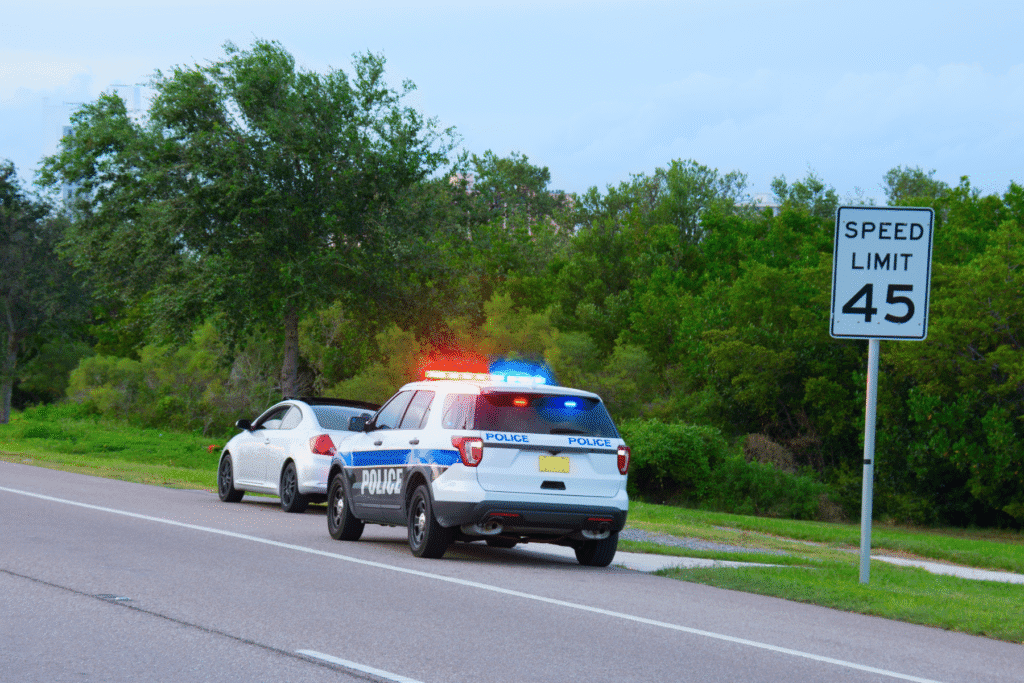Getting pulled over or stopped by police can be a nerve-racking experience. Whether it’s a traffic stop in Scottsdale or a street encounter in Lake Havasu, understanding your legal rights can protect you from self-incrimination and unlawful searches. In Arizona, both the U.S. Constitution and state law afford you specific protections when interacting with law enforcement.
- The Right to Remain Silent
Under the Fifth Amendment, you have the right to remain silent during any police stop. You must identify yourself if asked, especially during a traffic stop—Arizona law requires drivers to present their license, registration, and proof of insurance. However, you do not have to answer questions such as “Where are you going?” or “Have you had anything to drink?”
Pro Tip: Clearly and calmly state, “I’m invoking my right to remain silent,” rather than simply staying quiet. This makes your intention legally clear.
- The Right to Refuse a Search (With Limits)
If an officer asks to search your vehicle, pockets, or bags, you generally have the right to decline unless they have:
- A search warrant
- Probable cause to believe a crime has been committed
- Your consent
If you consent, any evidence found can be used against you. If they proceed without legal grounds, that search may be challenged later in court.
Say This: “I do not consent to a search.”
- The Right to an Attorney
If you’re arrested or detained, request legal representation immediately. Rideout Law Group attorneys serve clients in both Scottsdale and Lake Havasu and are ready to protect your rights from the moment you’re taken into custody.
Important: Do not answer questions—even seemingly minor ones—without your attorney present.
- Recording Police Interactions in Arizona
Arizona is a one-party consent state, meaning you can legally record police interactions as long as you’re part of the conversation. Always ensure your recording doesn’t interfere with the officer’s duties. Use your phone to protect yourself—but don’t reach for it suddenly, which may be misinterpreted as a threat.
- What to Do if Your Rights Are Violated
If you believe your rights were violated during a stop, do not argue or resist on the scene. Cooperate to avoid escalation, then contact a qualified criminal defense lawyer as soon as possible.
The legal team at Rideout Law Group has experience handling unlawful stops, illegal searches, and Fourth Amendment violations across Maricopa and Mohave Counties.
Stay Protected with Legal Support
Being stopped by the police doesn’t mean you lose your rights. Whether it’s DUI checkpoints, drug investigations, or routine stops, knowing how to respond calmly and lawfully is your first defense. At Rideout Law Group, our Arizona criminal defense attorneys are committed to protecting your rights before, during, and after an arrest.
📞 Need legal help now? Contact our Scottsdale office at (480) 584-3328 or our Lake Havasu team at (928) 854-8181 for a confidential consultation.
This blog post is for informational purposes only and does not constitute legal advice. Reading this content does not create an attorney-client relationship. For legal guidance specific to your situation, please contact a licensed attorney at Rideout Law Group.

